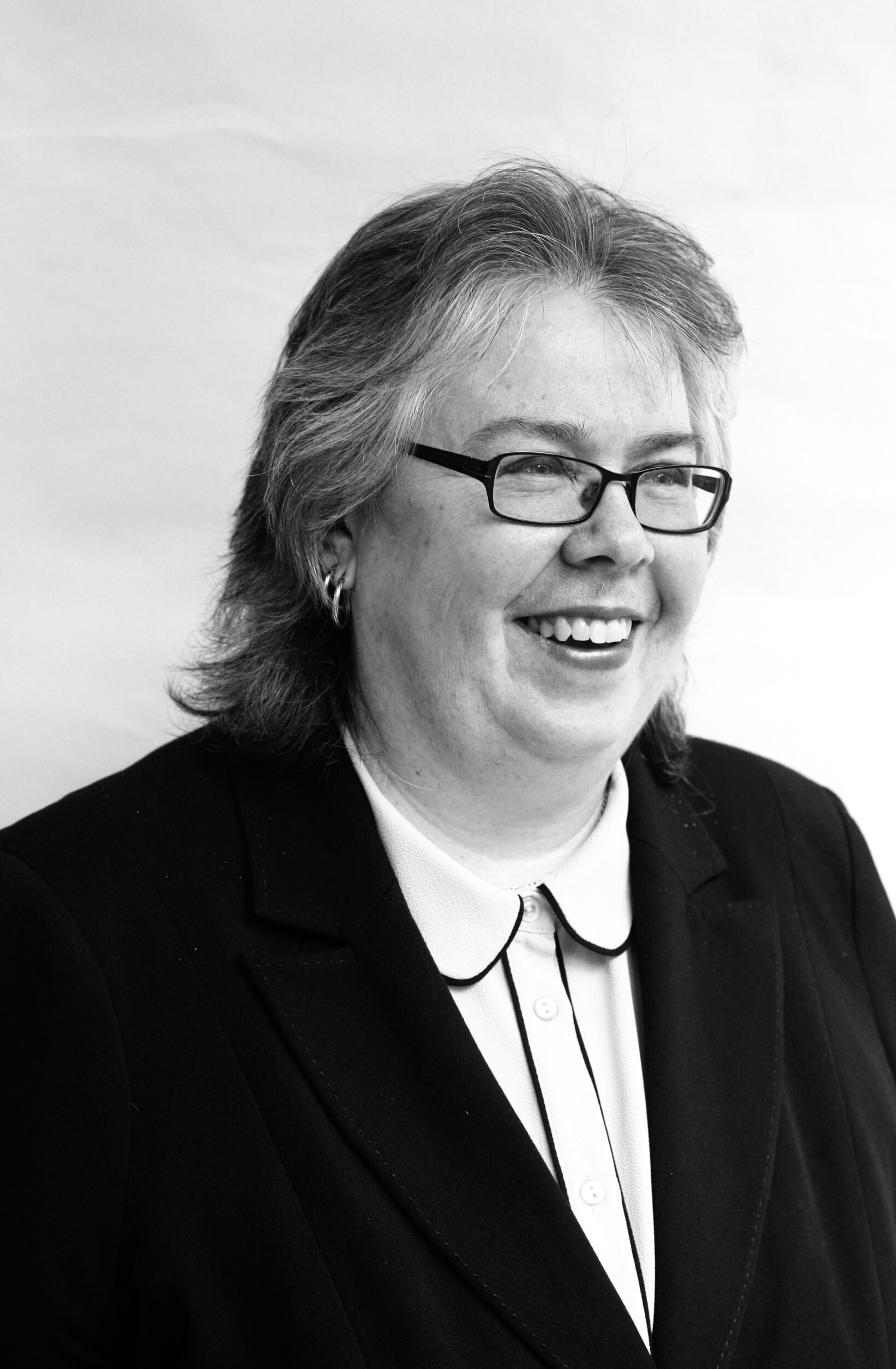In this day and age there are various different types of funerals which people do need to consider carefully and leave instructions for their family. Once a person has died if no instructions have been left then it falls on the immediate family to make the decision or if there is nobody close then it would be the executors. This can be very difficult at an already emotional time.
I have personally on several occasions in the past organised funerals for clients. Fortunately, the majority had left instructions as to what they wished to happen, but when it is somebody you do not know well in particular it can be very difficult. Certainly on more than one occasion I have had to make the decision about the funeral service, hymns etc.
There are of course various types of funeral as follows:
- A traditional church service either in a Church of England, Catholic church or Methodist church. Currently these are still the most popular choice of funerals, but it must be said that recently I have been attending funerals whereby the deceased has been cremated and the funeral is a memorial service only at the church chapel etc and not a burial, but an interment of ashes.
- Crematorium – The larger proportion of people are now cremated rather than buried. The problem with this is there is a great time pressure on crematoriums. For example, Glynn Valley Crematorium does often have a large delay when cremations are taking place due to the large area it covers. Although I have heard that a new crematorium may soon be built, the next nearest crematoriums to Launceston are of course Weston Mill and Efford in Plymouth and Penmount in Truro. There have in this day and age been environmental concerns regarding the amount of energy used during a cremation and the damage the chemicals and ashes can do to the environment when they are finally scattered. A large proportion of crematoria have now been upgraded to deal with the concerns regarding carbon emissions but due to the additional cost it does of course increase the cost of the cremation quite considerably. The newly built Treswithian Downs near Camborne was built recently with some of these environmental considerations in mind.
- Green and Woodland funerals – There has been a large increase in the last few years with environmental awareness and therefore, interest in eco-friendly funerals has become quite considerable.
As detailed above emission phosphate concerns over cremations and the fact that Church of England and Methodist chapel graveyards and cemeteries are running out of space means people are thinking more and more in relation to woodland and meadow burials. Natural burial sites are common across the UK and several are accredited by the charity National Death Centre and you can find your nearest green burial ground here
I have read that a body in a biodegradable coffin or even a burial shroud is buried no deeper than two feet from the top of the coffin/shroud to reduce methane emissions. There is no reason of course that a natural burial cannot also include a religious aspect and it is obviously up to individuals to decide what form the funeral takes.
- Humanist and civil funerals – With so many people now no longer recognising any particular religion a humanist ceremony is strictly non religious and celebrates the life that has passed rather than acknowledging an afterlife. It can be held in a home, a hall, at a cremation or at the graveside or burial site.
The ceremony is led by a celebrant and the deceased’s life is the focal point of the ceremony. I have attended a humanist service at a crematorium and friends and family spoke about the deceased’s life.
The ceremony can take all different shapes, it could be music, readings, poems whatever the deceased would have enjoyed themselves. A civic celebrant who is usually a member of the Institute of Civil Funerals can perform a similar role to that of a humanist celebrant. - Burial at sea – These still do take place but it is not something that is encouraged by authorities. However, everyone has a right to be buried at sea and there are three points off the English coast, the East Sussex coast, west of the Isle of Wight and Tynemouth. Scotland also have two areas off the West Coast.
However, there are stringent government rules concerning a burial at sea and unless the loved one had a sea faring connection during their lives and wish for this to take place it should not be taken on lightly.
So just to reiterate it is always important to guide family or executors as to what you wish to happen at your funeral, for example what type of funeral you wish, also hymns, readings, poems, pieces of music, bearers and this can be left by letter with the testator’s Will. More and more people are taking out funeral plans which can of course be discussed with the undertaker when the plan is taken out. I have even in the past located clothes which the deceased client wished to wear when buried.
I have also once had an occasion whereby the deceased wished to be buried with the remains of his cremated dog. There are lots of things to consider and even though this is of course a sombre process there is nothing surer in life than death and sadly it is all something we all need to consider one day.
For further information in relation to various funerals click here If you would like more information on planning for what happens when you die, please contact Deborah Adams at Parnalls Solicitors on 01566 722375 or email adamsd@parnalls.com

